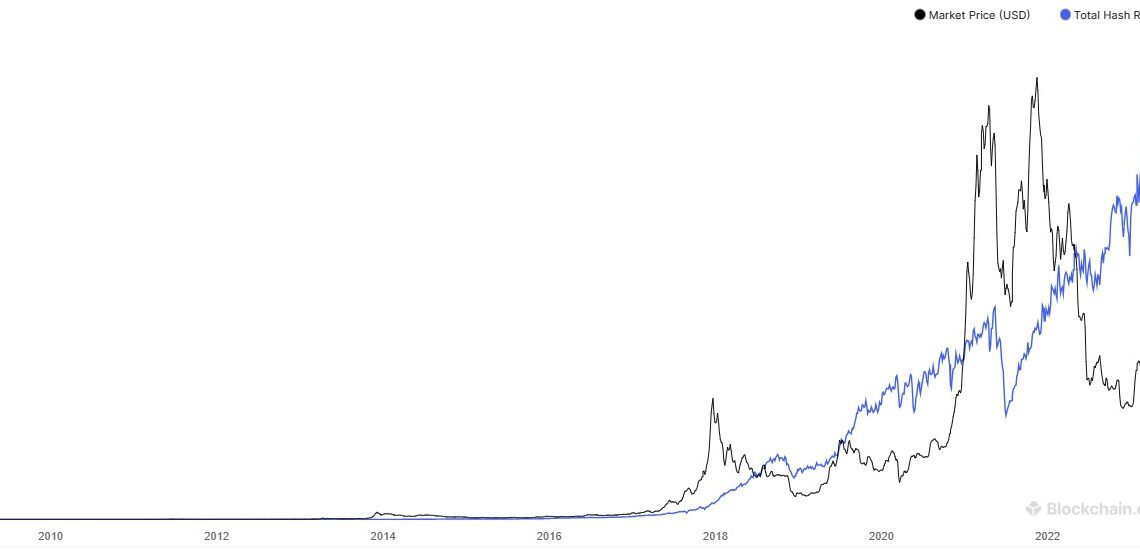Quantum computing technologies are slowly beginning to trickle out of the laboratory setting and into commercial industries. While it remains to be seen when mainstream adoption will occur, a number of companies are currently engaged in experiments and trials with paying clients to develop quantum computing solutions.
According to a pair of researchers from the University of Cambridge and Bandung Institute of Technology, respectively, this represents a critical period wherein the world still has the opportunity to prepare itself for what they’re deeming “the quantum revolution.”
In a recently published commentary in the Nature journal, researchers Chander Velu and Fathiro Putra describe the ‘productivity paradox’ and explain how the mainstream adoption of quantum computing could slash economic growth for a decade or more.
Per their commentary:
“The digital revolution took decades and required businesses to replace expensive equipment and completely rethink how they operate. The quantum computing revolution could be much more painful.”
The productivity paradox is a business and finance term that explains why the introduction of new, better technology doesn’t usually result in an immediate increase in productivity.
We’ve seen this in nearly every aspect of the nascent blockchain and cryptocurrency industries. As the requirements for mining increase, for example, so do the costs associated with entering the space in any competitive capacity.
Less than a decade ago, it was fashionable to mine cryptocurrency with your desktop PC’s spare compute. As the rates of adoption have risen, so have corporate interests and the costs of entry.
And, as fintech is one of the industries experts predict will experience immediate disruption from the quantum computing sector, it’s likely we’ll see direct integration with mining, blockchain and cryptocurrency technologies immediately.
Related: Researchers demonstrate ‘unconditionally secure’ quantum digital payments
To explain the productivity paradox, the researchers cite a period lasting from 1976 through 1990 where labor productivity growth — a measure of how productive individuals are at work over time — slowed to a crawl. The reason for this stagnation involved the onset of the computer era.
Essentially, the costs associated with the global switch from paper to computers combined with the need to retrain the entire…
Click Here to Read the Full Original Article at Cointelegraph.com News…
























